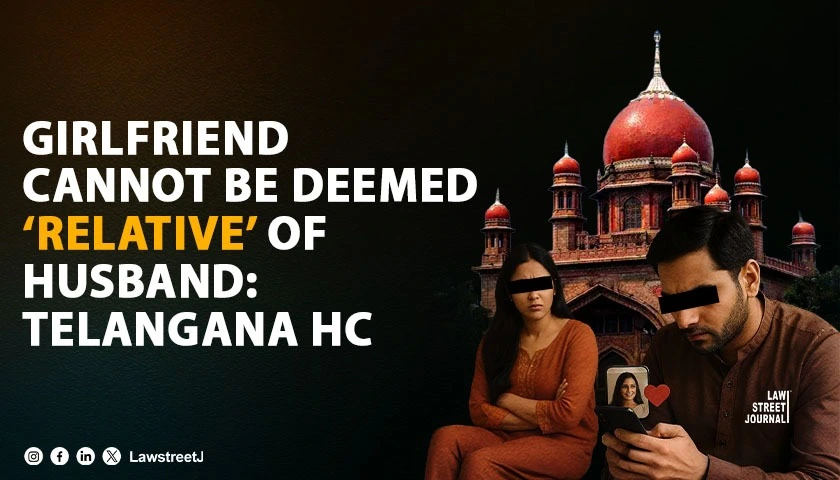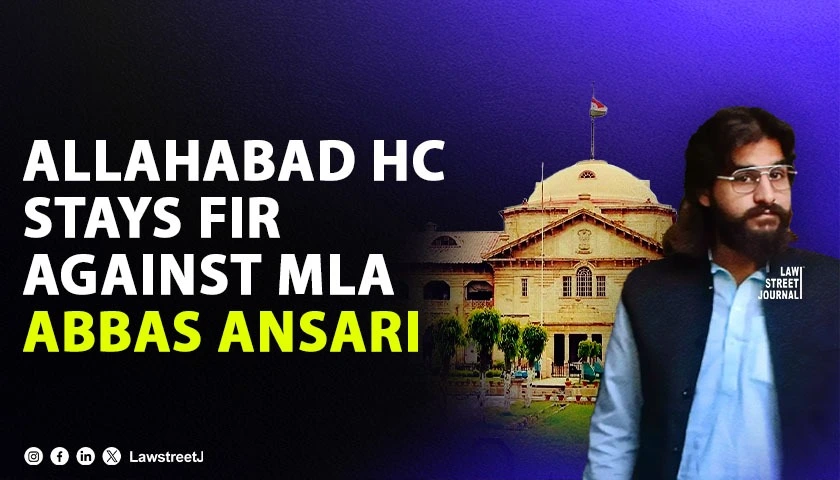Kolkata: The Calcutta High Court has delivered a split judgment on whether juveniles may invoke Section 438 of the Code of Criminal Procedure, 1973, for anticipatory bail. The reference arose in CRM 2739 of 2021 filed by four minors in connection with allegations under the Indian Penal Code. The judgment was delivered by Justice Jay Sengupta, Justice Tirthankar Ghosh, and Justice Bivas Pattanayak on 14 November 2025 in Suhana Khatun & Others vs. The State of West Bengal.
The Bench examined the interaction between the Code of Criminal Procedure and the Juvenile Justice (Care and Protection of Children) Act, 2015, while considering the maintainability of an anticipatory bail application filed by children in conflict with law. The majority, comprising Justice Jay Sengupta and Justice Bivas Pattanayak, held that such applications are not maintainable. Justice Sengupta observed that the statutory framework of the 2015 Act operates only after apprehension of a juvenile and that the Act does not create or recognise any pre-apprehension remedy. He stated: “The issue of anticipatory bail or pre-arrest bail as contemplated under Section 438 of the Code of Criminal Procedure, 1973, is not envisaged anywhere in the Act of 2015… the Acts operate on different planes.” Justice Sengupta added that confinement in an observation home constitutes curtailment of liberty sanctioned only under the statute after apprehension and cannot be equated with the protection afforded by anticipatory bail.
Justice Bivas Pattanayak, delivering a separate but concurring opinion, held that granting anticipatory bail to juveniles would interfere with the statutory role assigned to the Juvenile Justice Board under Section 12 of the Act. He stated: “The allowing of an application for anticipatory bail of the child in conflict with law may lead to direct intervention into the powers of the Board… and make the powers conferred upon the Board nugatory and redundant.” He concluded: “I am of the considered view that an application for anticipatory bail under Section 438… at the instance of a child in conflict with law is not maintainable.”
Justice Tirthankar Ghosh delivered a strong dissent, holding that juveniles are entitled to seek anticipatory bail. He emphasised that the concept of “arrest” must be interpreted broadly in light of evolving jurisprudence on personal liberty. He observed: “The word ‘arrest’ has received an expansive meaning… the deprivation of personal liberty, however described, cannot exclude the remedy of anticipatory bail.” Justice Ghosh held that the Legislature did not expressly override Section 438 CrPC in respect of juveniles and stated: “If the Legislature had intended to override Section 438 CrPC, it should have expressly stated so… There is no such provision in the Act of 2015.” He ultimately concluded: “An application under Section 438… is maintainable when preferred by a juvenile/child in conflict with law.”
In view of the conflicting opinions of the three judges, the matter has been directed to be placed before the Hon’ble Chief Justice for constitution of a larger Bench to authoritatively settle the question of law. The Court clarified that it was not expressing any views on the merits of the allegations and that the juveniles may seek protections available before the Juvenile Justice Board under Section 12 of the Act upon apprehension.
Case Name: Suhana Khatun & Others vs. The State of West Bengal
Case No.: CRM 2739 of 2021
Coram: Justice Jay Sengupta, Justice Tirthankar Ghosh, Justice Bivas Pattanayak
Date of Judgment: 14 November 2025
Appearing for the Petitioners: Ayan Bhattacharjee, Indrajit Adhikari, Bitasok Banerjee, Niladri Sekhar Bose, Sharequl Haque, Priyanka Agarwal, Prattay Khan, Zohaib Rauf, Aditya Ratan Tiwari, Amitabrata Hait, Subhajit Manna, Ritu Das, Debarka Guha, Ayesha Sultana, Shaunat Mondal, Arpit Choudhury, Pronab Halder.
Appearing for the State: Debasish Roy (Public Prosecutor), Suman De.
Appearing for the Union of India: Himanshu De (Senior Advocate), Arun Kumar Maiti (Mohanty).

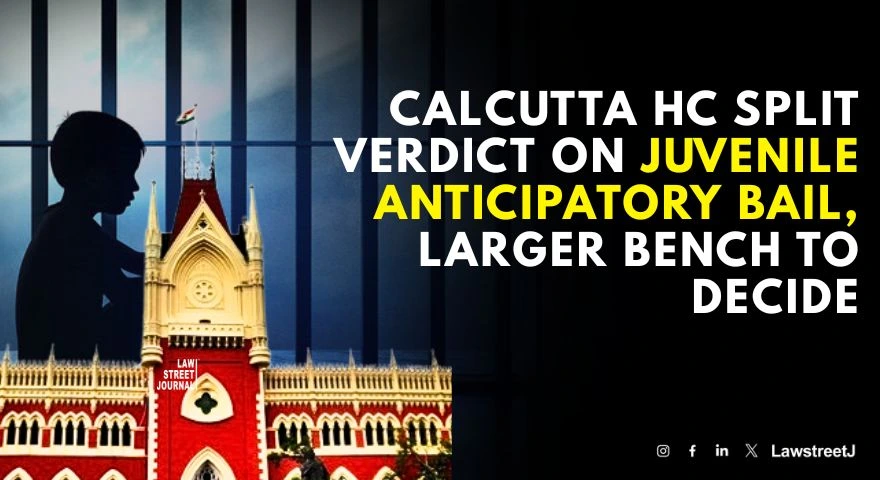

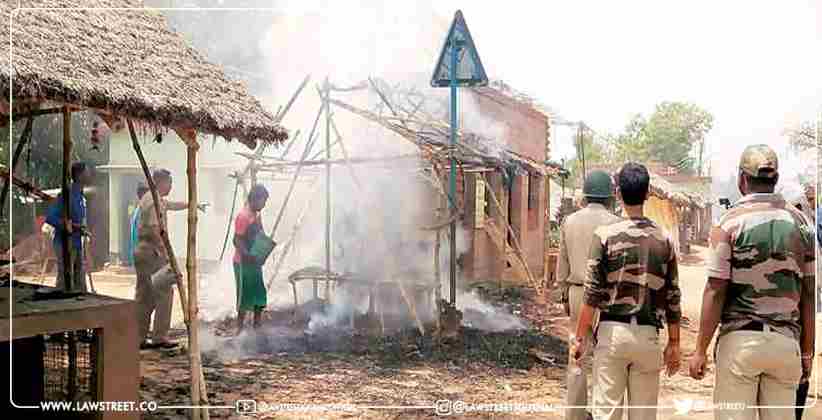
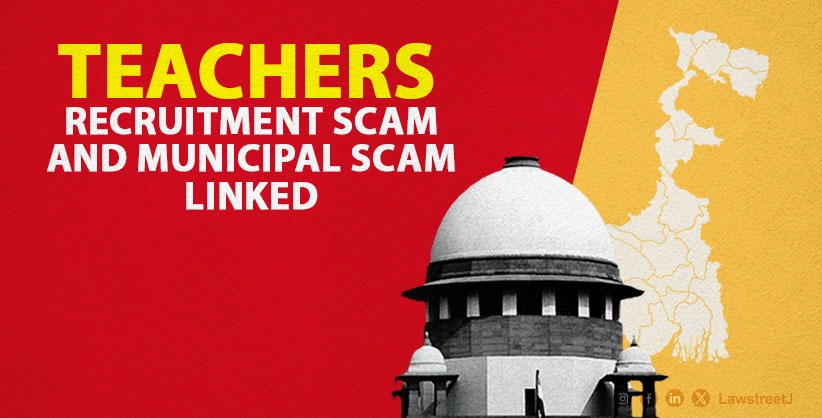
![Calcutta High Court conducts late-evening hearing, orders release of lawyer arrested inside court [Read Order]](/secure/uploads/2023/12/lj_4146_Court_lawyers_arrest.jpg)
![Indian Courts this Week: Law Street Journal's Weekly Round-Up of SC & HCs [Jan 1 - Jan 6]](/secure/uploads/2024/01/lj_9050_WhatsApp_Image_2024-01-06_at_12.07.10_PM.jpeg)




